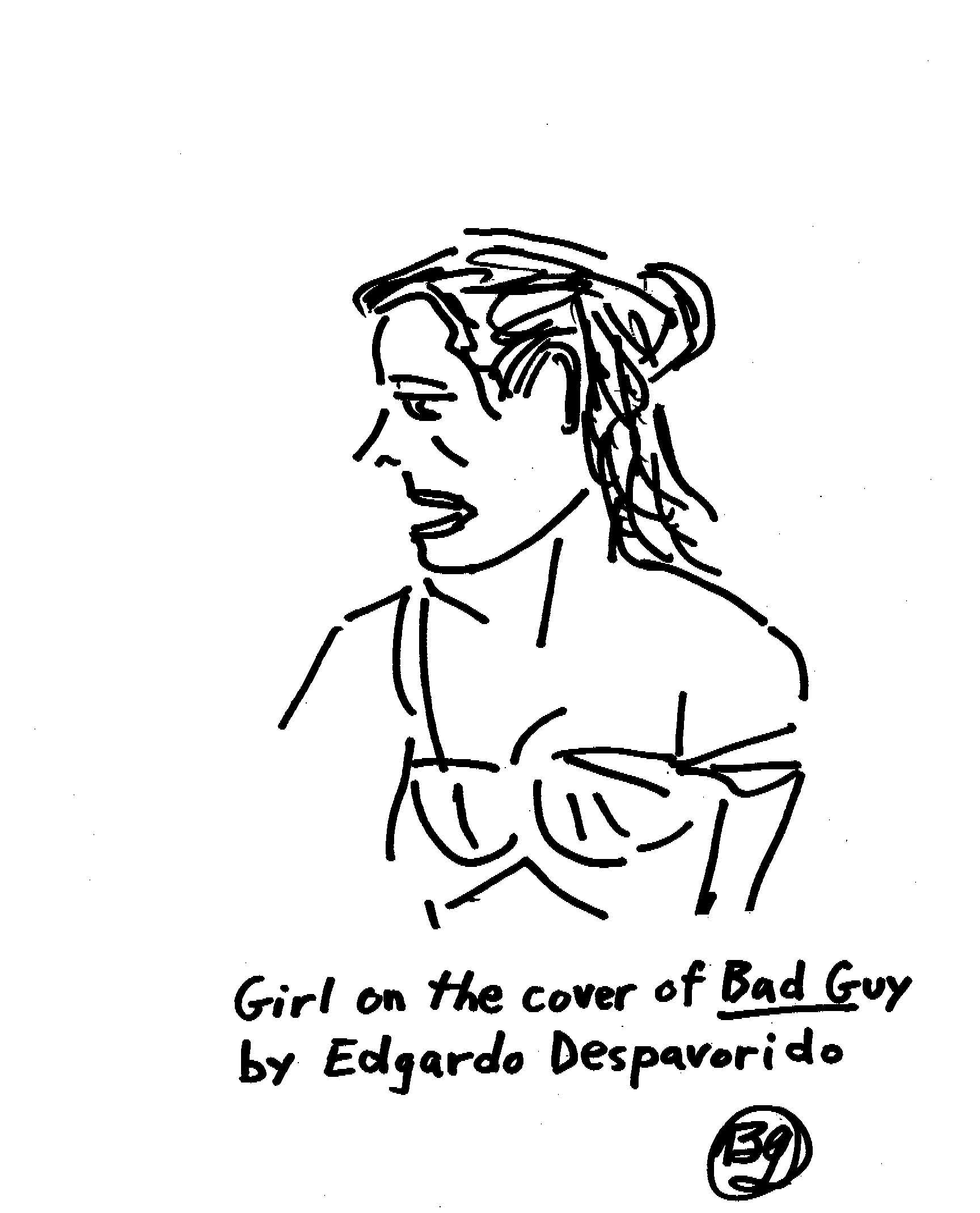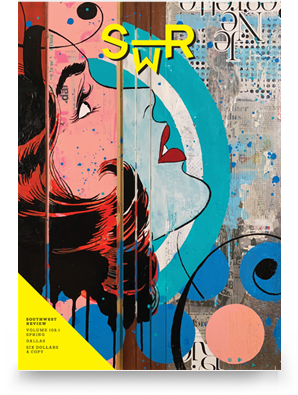
Roy was with his friend Daniele, a Swiss film director, in a roadside café in Italy when a man Daniele recognized came in and sat down at a table near theirs.
“I know him,” said Daniele. “He wrote a novel twenty years ago about young Ukrainian girls in the 1920s, ’30s, and ’40s who were recruited into prostitution and sent to other countries. All of the women were Jewish. Picasso called it ‘insolence raised to the level of art.’ His name is Edgardo Despavorido, he lives in Buenos Aires, although I’ve run into him more often in Paris.”
They sat at their table drinking coffee for a short while before Roy asked Daniele if he were going to say hello to him.
“He’ll see me, then he’ll come over.”
Two minutes later Edgardo noticed Daniele, nodded to him, picked up his coffee cup, and joined them.
“Ça va?” he said to Daniele.
“Not so bad. This is my friend Roy—an American writer.”
“I’ve read one of your novels, in French, Les aveugles font-ils des rêves,” Edgardo said. “It’s a strong title. Provocative, like Chekhov.”
Despavorido looked to be in his seventies, perhaps fifteen years older than Daniele, twenty-five years older than Roy. They spoke in English.
“Daniele was telling me about a book of yours based on Ukrainian girls forced into prostitution.”
“El rufián judio. I first wrote it as a play, in Yiddish. At one time Daniele thought it might work as a film.”
“Are you still living in Buenos Aires?” Daniele asked.
“No, only in Paris. I grew weary of the fascists in Argentina, especially Borges, whom I once considered a friend. There are fascists in France, of course, but they would rather eat and drink well than torture and murder those who disagree with them. I also like to eat and drink well.”
“Why are you in Italy?”
“To deliver a lecture at the university in Trieste.”
“Is Claudio Magris still teaching there?”
“He invited me. And you?”
“We’re on our way to spend a few days with friends in Venice.”
“And where are you living now?”
“Zurich.”
Edgardo stood up, put a couple of coins on the table, and extended a hand to Roy, which he shook.
“A pleasure to have met you,” he said. “And to see you, Daniele.”
They did not shake hands. Daniele and Roy sat without speaking until Edgardo had left the café.
“Edgardo gave you a nice compliment, likening your story to Chekhov.”
“It was the title he liked.”
“He was a pimp, pas méchant, mais un peu pervers. His wife was a whore. I don’t know if they’re still together, or even if she is alive. Her admirers included royalty from all over Europe. Some of the men offered to marry her but she wouldn’t leave Edgardo. Her name was Zsuzsa. I had her in front of him, in a suite at the Hôtel de Paris Monte-Carlo. She told me it was what he preferred.”
Months later, when Roy was back in America, he discovered by chance in a used bookstore Edgardo Despavorido’s novel, an English translation entitled Bad Guy. It was a cheap paperback edition with an illustration on the front cover of an ogreish man hovering over a half-naked woman kneeling on the floor next to an unmade bed. Roy bought it and read it that night. The novel was short and read like a play. He never forgot a description in it of a girl who “smelt of recently watered grass,” and the following sentence: “She kissed me and whispered words in my ear in a language I did not know, and yet I somehow understood.”
It displeased Roy that Daniele had told him of his dalliance with Edgardo’s wife, though perhaps at that time they were not yet married. The book was dedicated “To Zsuzsa, the only one.” ![]()
Barry Gifford is the author of more than forty published works of fiction, nonfiction, and poetry, which have been translated into thirty languages. His most recent books include The Boy Who Ran Away to Sea, How Chet Baker Died, Black Sun Rising / La Corazonada, Roy’s World: Stories 1973–2020, Sailor & Lula: The Complete Novels, Sad Stories of the Death of Kings, and Imagining Paradise: New and Selected Poems. He cowrote with David Lynch the screenplay for Lost Highway. Wild at Heart, directed by David Lynch and based on Gifford’s 1990 novel, won the Palme d’Or at the Cannes Film Festival in 1990. Gifford lives in the San Francisco Bay area.
Illustration: Barry Gifford


